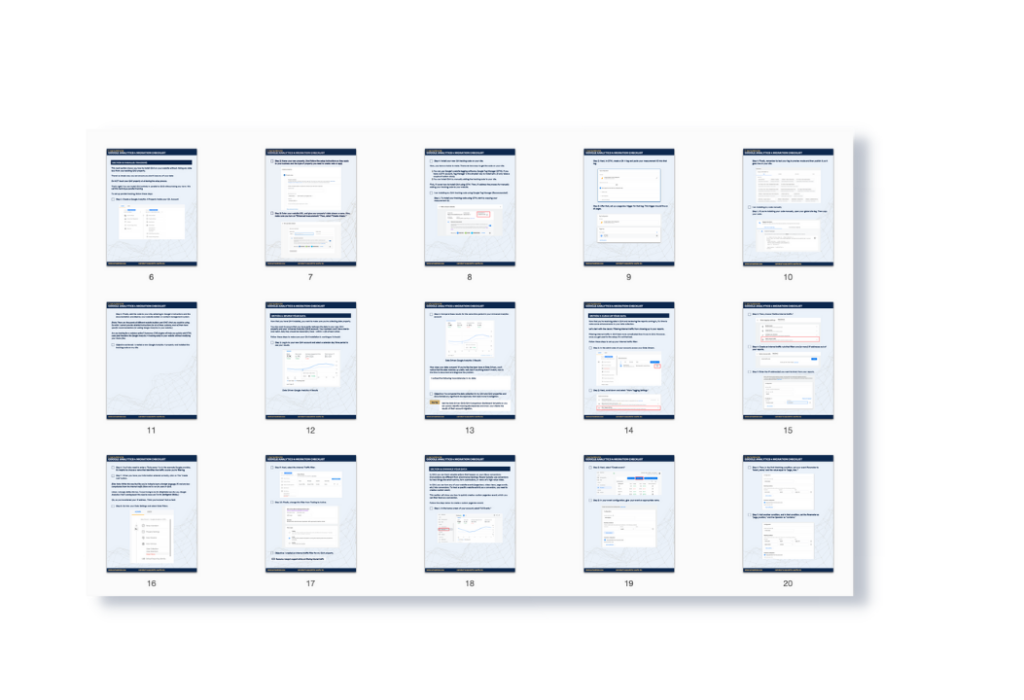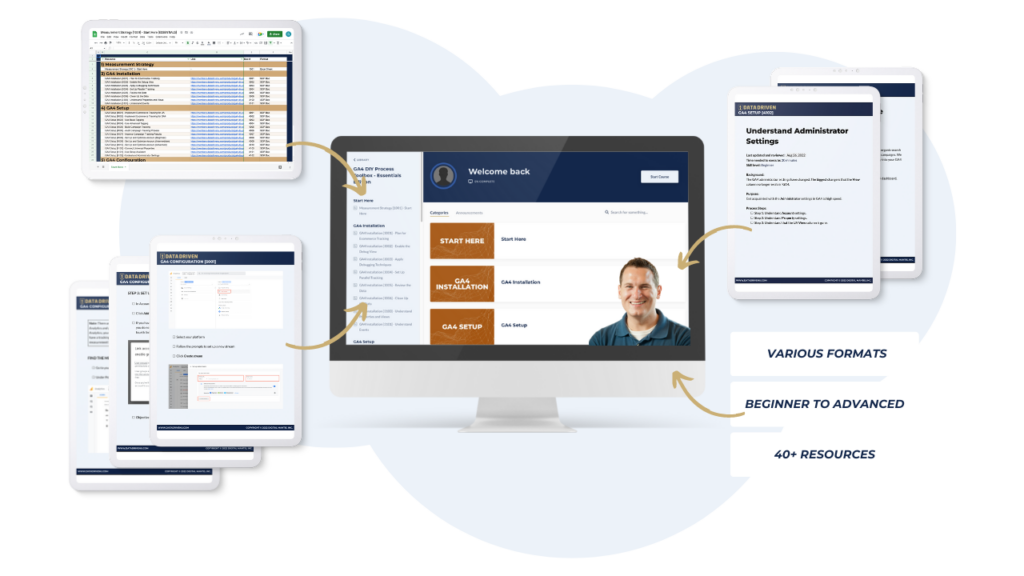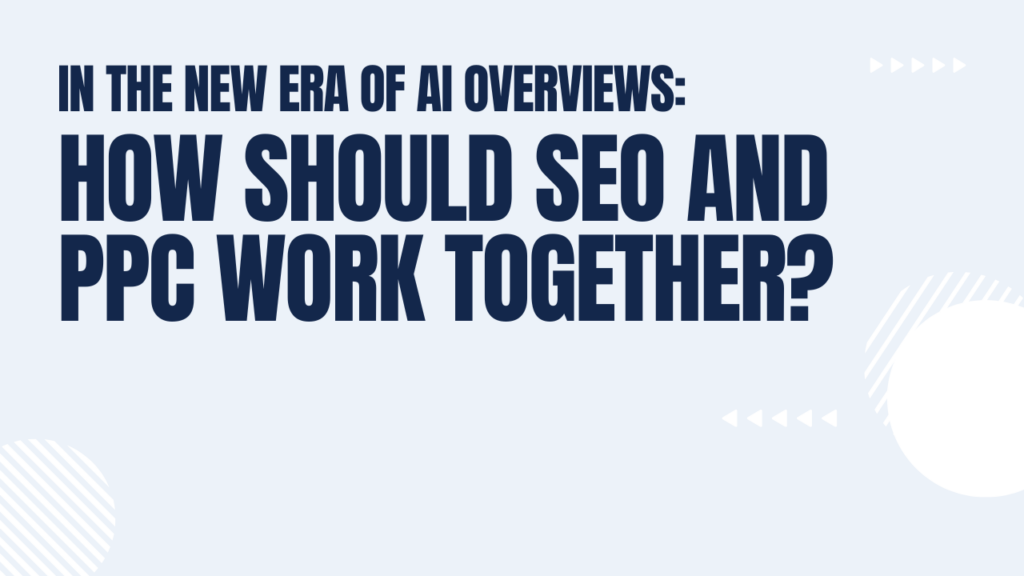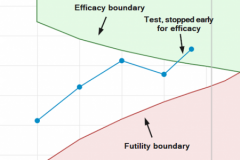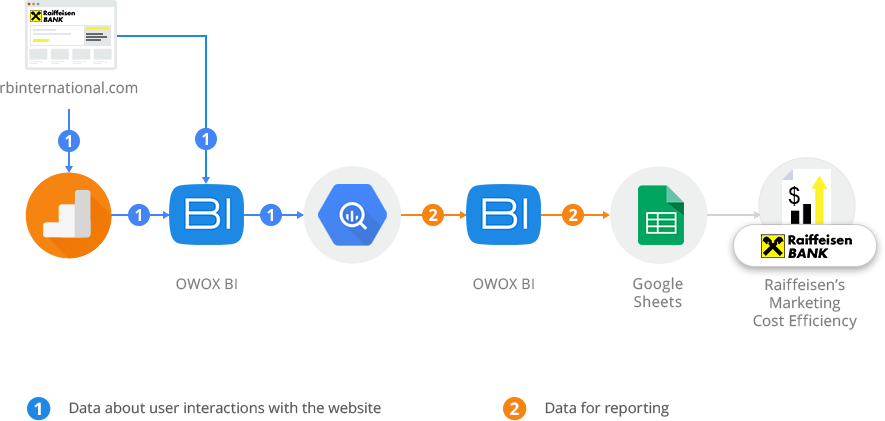This really feels like a “kiss and tell” article.
Here’s why: Our industry is very collaborative. We share tips and tricks, from campaign tracking to multivariate testing. But pricing? Compensation strategies? Competitive bidding? Nah, we keep those secrets to ourselves.
But those of you who know me understand that I am always ready to address topics from which others shy away…
So what are the special challenges we face?
Getting the client to do his part
This is often a major impediment to completing a project, and usually figures prominently in technical analytic implementations. I always caution potential new customers about this pitfall when they first call us, but they usually ignore me. After all, they needed their project yesterday, so the last thing in the world they are going to do is hold it up once they have signatures and deposits, right? And still, how many weekly meetings have I run with my team where I have heard, “Sorry Robbin, we are on hold, waiting for the customer.” My most important advice would be to protect yourself (if you are the consultant) financially, because if the project drags on too long, your champion may leave the company, strategies will change, and your work (and perhaps, compensation) will get forgotten.
Pricing: Fixed price or hourly?
The “how to price” questions affects all consulting businesses, but, IMHO, our industry has a special problem (related to the above, “getting the client to do his part”). Don’t get me wrong, we have plenty of clients who are driven to make their analytics work and get actionable insight. But there are just as many who adopt an “I’ll do it when I get to it” attitude, and then change jobs, or the company changes focus. Generally, when the project has specific deliverables for a specific price, success is more attainable.
Customers who change tools and/or use multiple tools
Our company primarily works with Google Analytics, and we are mostly seeing companies make the decision to leave their pricey tool and use GA. That means more business for us, but I know that also means less business for some other consultants. And there is the other problem, too – the customer who primarily depends on Omniture or Coremetrics and calls us to explain to his boss why the numbers aren’t the same between different tools.
Non-customers who expect free work
This is such a slippery slope. If someone calls or writes, do you start with your rates out of the box? Sometimes, they don’t even understand that our revenue model is about, well, revenue. The gentle approach is the best one, and often, the caller is incredibly gracious about the misunderstanding. I think our being a Google Analytics Certified Partner is part of that. Perhaps they think that we’re the Google Help Desk, but I know that isn’t the whole story.
Choosing projects to lose
That might not sound right — after all, don’t we want all the work we can get? But the truth is that some proposals are not worth bidding on (and this is a problem that afflicts all of consulting, not just our little pond). Here are the red flags and warnings that I see:
- “We are a startup/recovering from bankruptcy/otherwise poor, so please sharpen your pencil”
- The potential customer sends me a ten page RFP
- “We don’t want to hear how you can help us or tell you our needs, just send your price list”
The list really goes on and on, I am looking forward to hearing how other owners of WA companies handle these most intimate details….

